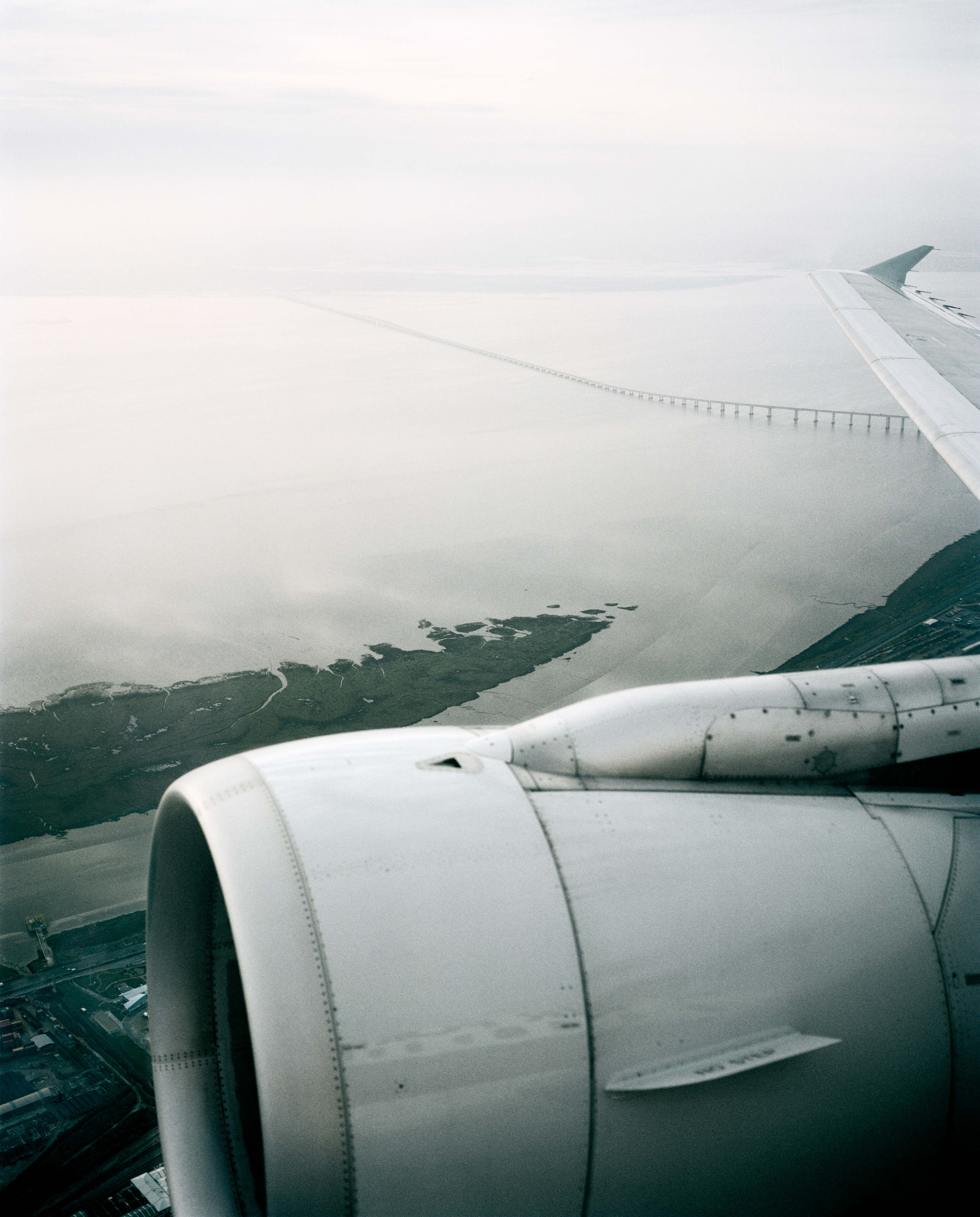In the Margins Itália Portugal
International Congress

In the Margins Itália Portugal International Congress
10 to 11 abril 2025, Lisbon
The Lisbon School of Architecture - Universidade de Lisboa, in collaboration with the Alma Mater Studiorum - Universitá di Bologna – Department of Architecture - HPA Lab, the University of Ferrara - Department of Architecture invite the academic community to participate in a call for papers for the International Congress "In the Margins: Italy Portugal" to be held on 10-11 of April 2025, in the Faculty of Architecture of Lisbon
Important dates
Until 30 | 09 | 2024
abstract submission
1 | 12 | 2024
Notification of acceptance of abstracts by the Scientific Committee
1 | 12 | 2024 - 30 | 01 | 2025
registration (early bird) - € 300
01 | 02 | 2025 -01 | 03 | 2025
normal registration - 400 €
31 | 03 | 2025
delivery of articles
10-11 | 04 | 2025
Congress
Call for Papers
Introduction
In architecture, as in art and design, Italy and Portugal have shared some fundamental characteristics over the last hundred years that determine lines of direct collaboration and profound affinity.
Exchanges between Portugal and Italy have been intense, numerous and varied over the last century. Proceeding by summary examples one could mention the exchanges during the years of coexistence of the two dictatorial regimes - Estado Novo and Fascism - (think of the projects for the university cities of Lisbon and Rome, the national stadiums, Piacentini and especially Muzio's plans for the city of Porto, which were fiercely opposed by a very young Távora, but also the similar research on popular anonymous architecture such as that of Pagano and the Inquerito); the intense relations in the immediate post-war period, the Portuguese interest in Bruno Zevi, the trips to Italy by Fernando Távora and others in his retinue; the affinities on the theme of the historic city (for example the Cervellati Plan for Bologna and the Tavorian Plan for Barredo, almost contemporaries; or the renewed relationship between 'church and city' between the 1950s and 1960s); the role of Italy, and Vittorio Gregotti in particular, in the beginning of the international fortune of Portuguese architecture since the Carnation Revolution; or, in the same years, Portugal's interest in Italian studies on the city, which saw Aldo Rossi as a major figure; the increasingly widespread, from the 1980s to the present, reciprocal presence and influence of the two architectural cultures in the two countries, which has led to very significant exchanges, in pedagogy, publishing, and the profession.
The two countries are certainly connected by their geographical location, in the centre of the Mediterranean and on the fringes of Europe, thus on the 'border' - physical or cultural - of different geographies. This position has not prevented - but perhaps even favoured - the cultural (if not economic) success of the two architectural and, more generally, creative cultures.
This work is part of embryo project “ Documen-tália: The role of Italian architectural culture in the process of cosmopolitanism and internationalization of Portugal in the 20th and 21th century” – Principal Investigator: Raffaella Maddaluno
Keynotes
Alexandre Alves Costa
Alessandra Chemollo
Francesco Dal Co
Gonçalo Byrne
Roberto Collová
Ideation and Coordination
Elisa Pegorin (CiTUA - IST)
Raffaella Maddaluno (CIAUD, Centro de Investigação em Arquitetura, Urbanismo, Design, Faculdade de Arquitetura, Universidade de Lisboa)
Scientific Committee
Alessia Allegri (CIAUD, Centro de Investigação em Arquitetura, Urbanismo, Design, Faculdade de Arquitetura, Universidade de Lisboa)
Ana Tostões (CiTUA-IST)
Antonio Esposito (Unibo)
Carlos Machado (Faup)
Carlotta Torricelli (Roma Tre)
Giovanni Leoni (Unibo)
José António Bandeirinha (Ces - UC)
José Miguel Rodrigues (Faup)
Jorge Figueira (DARQ-FCTUC)
Marco Mulazzani (Unife)
Madalena Pinto da Silva (Faup)
Paulo Pereira (Faul, CIAUD)
Executive Committee
Andrea Fanfoni (Universitá degli studi di Parma)
Caterina Anastasia (CIAUD, Centro de Investigação em Arquitetura, Urbanismo, Design)
Gianni Montagna (CIAUD, Centro de Investigação em Arquitetura, Urbanismo, Design, Faculdade de Arquitetura, Universidade de Lisboa)
Jorge Nunes (CIAUD, Centro de Investigação em Arquitetura, Urbanismo, Design, Faculdade de Arquitetura, Universidade de Lisboa)
Ilaria Cattabriga (Alma Mater Studiorum Universitá di Bologna)
Mais informações
https://amargem.fa.ulisboa.pt/index.php/pt/
amargem@fa.ulisboa.pt